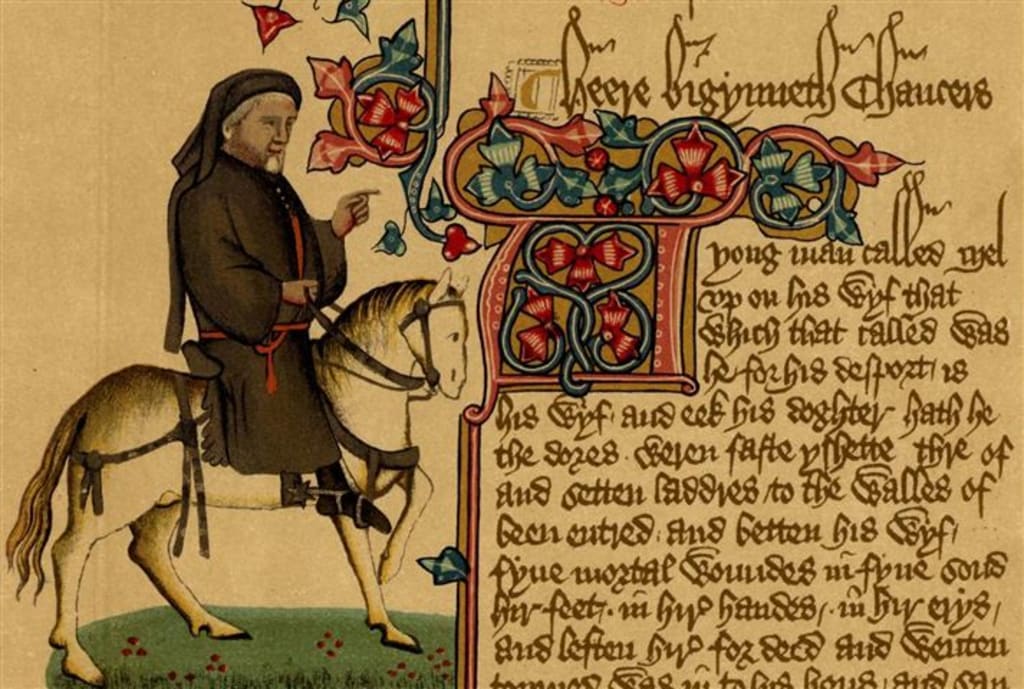The 14th century was a transformative period for English literature. Amid the backdrop of the Black Death, the Hundred Years' War, and the evolving social structure, this era gave birth to some of the most enduring works in literary history. Geoffrey Chaucer, often hailed as the "Father of English literature," led the way, but he was not alone. The Age of Chaucer witnessed a blossoming of Middle English texts that reflected the complexities of medieval life. These works not only shaped the English literary tradition but also captured the human experience in ways that resonate even today.
- Blogs
- Literature
- Essential-reads-from-the-age-of-chaucer-6756cc9ebdccdd0001d34905
Essential Reads from the Age of Chaucer
Literature • 9 Dec, 2024 • 4,926 Views • ⭐ 5.0
Written by Shivani Chourasia

In this blog, we’ll dive into the essential reads of Chaucer’s era, exploring The Canterbury Tales and other masterpieces like William Langland’s Piers Plowman and John Gower’s Confessio Amantis. Let’s embark on this literary journey through the Age of Chaucer!
Geoffrey Chaucer and The Canterbury Tales

No discussion of 14th-century literature would be complete without Geoffrey Chaucer. Born around 1343, Chaucer was not only a poet but also a courtier, diplomat, and bureaucrat, which gave him a unique perspective on the social fabric of his time. His magnum opus, The Canterbury Tales, is a cornerstone of English literature.
Why It’s Essential
The Canterbury Tales is a collection of stories told by a diverse group of pilgrims traveling to the shrine of Saint Thomas Becket in Canterbury. Each pilgrim represents a different slice of medieval society, from the noble Knight to the bawdy Wife of Bath.
The tales are written in a variety of genres—romance, fabliaux, sermon, and beast fable—showcasing Chaucer’s versatility as a writer. Themes such as morality, love, greed, and social critique run through the tales, making them a rich tapestry of medieval thought and culture.
Timeless Appeal
What makes The Canterbury Tales timeless is its humor and humanity. Chaucer’s characters feel real, their flaws and virtues instantly recognizable. Whether it’s the Pardoner’s hypocritical sermon against greed or the Wife of Bath’s bold assertions about marriage and female agency, these tales engage modern readers with their wit and insight into human nature.
William Langland’s Piers Plowman
